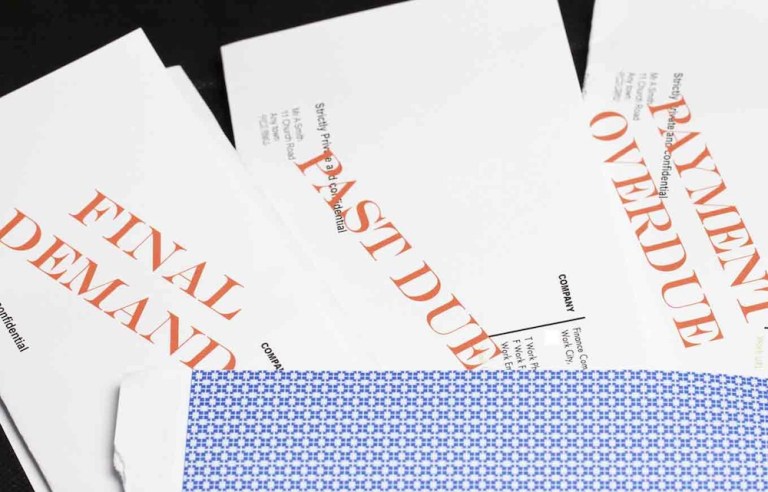
Defaults on subprime auto loans and other types of credit may be poised to jump higher — and the profile of the defaulting borrowers may come as a bit of a surprise.
UBS said in a note published recently, cited by Seeking Alpha, that the total consumers who expect to default on these loans is up by five percentage points. That jump is one that has been logged since September 2016. The typical profile? Younger buyers, who are male and whose income skews toward middle- and upper-income. Geographically speaking, they live in the coastal regions of the United States.
UBS said in its note that the firm had surveyed 2,100 adults over the age of 21, across all U.S. states, and its latest results were in March of this year. The latest survey shows that 17 percent of consumers queried said that they “strongly agree” or at least “agree” with the statement that they are likely to default on a loan payment across the next year. That tally is down 1 percent from a year ago. But, noted the firm, the sentiment is higher than the 12 percent response that was seen just prior to the election of 2016. All in, said the note, this group has 30 percent of consumer debt outstanding across loan classes.
Who seems most concerned with missing payments? Perhaps surprisingly, households with more than $100,000 in annual incomes, the highest strata surveyed. Default concerns are also highest for younger consumers at ages 12-34.
As is germane to auto loans, UBS says the rate of homeownership here (at 77 percent) is higher than has been seen with other subsets of the U.S. population. Other differentials among would-be, might-be and likely-to-be-defaulters include the fact that they tend to be heavier users of adjustable rate and interest-only debt.
Consumers with relatively higher default expectations also say they are stretched a bit, as 55 percent say that their income levels are at or below thresholds that cover expenses. And along with that confluence of higher debt carry and self-perception of looming default, Seeking Alpha said that one thesis posited by the bank is that defaults hold less stigma than they might have once bestowed on note holders. What to do? As an investment practice, UBS stated that investors would do well to avoid auto lenders and credit card companies and FinTech firms focused on lending.